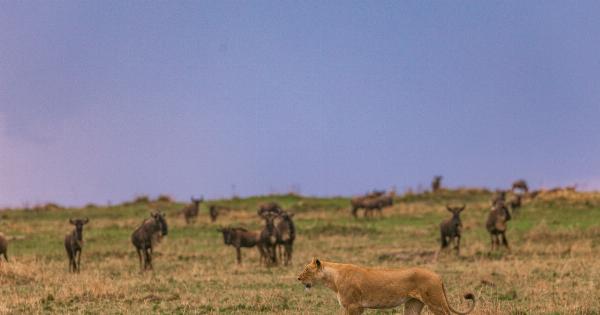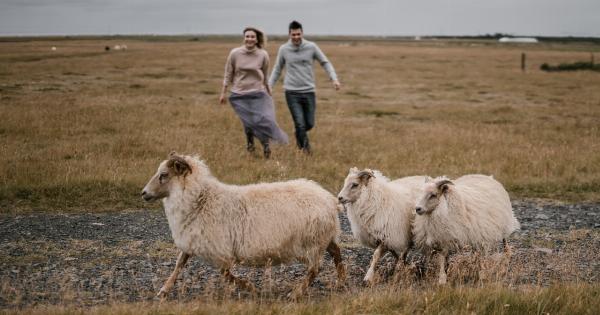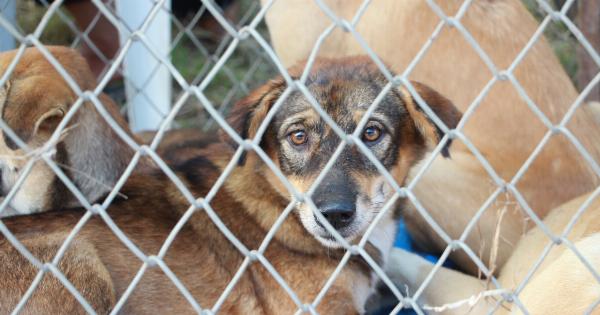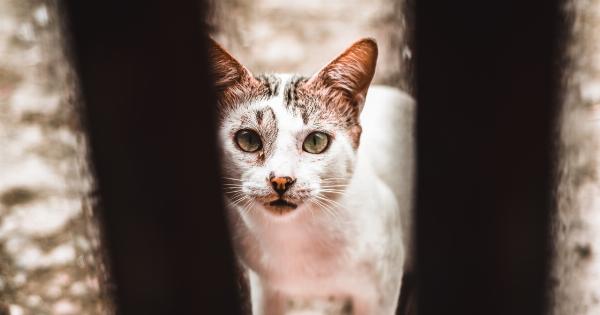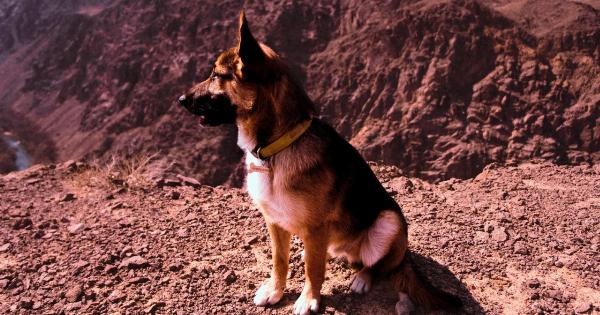Animal welfare is a crucial topic that has gained significant attention in the recent past. Protecting and preserving animal welfare is essential for ethical, economical, and social reasons.
It’s a matter of valuing every life, regardless of their species. One of the staunch advocates for animal welfare is Theodorikakos, whose works have been instrumental in raising awareness on this crucial topic.
This article will delve into Theodorikakos’s perspectives on the importance of animal welfare and the implications of neglecting it.
Valuing Every Life
Theodorikakos argues that every creature has a right to life, and therefore, their welfare must be a top priority. It’s cruel and unfair to subject animals to uncontrollable pain and suffering in the name of human rights.
Animals also have distinct characteristics that make them unique and valuable. For instance, many animals play a vital role in the ecosystem and are an essential source of food for humans. Therefore, managing animal welfare involves ensuring that their natural habitats are preserved and protected.
Impact on Society
Theodorikakos believes that the neglect of animal welfare has far-reaching implications for society. For example, poor animal welfare practices such as the use of inhumane farming practices result in substandard food products.
Such products can lead to adverse health effects in humans, leading to reduced productivity and increased healthcare costs. Moreover, the spread of zoonotic diseases, such as COVID-19, has been linked to poor animal welfare practices such as wildlife trade.
Theodorikakos argues that proper animal welfare management would reduce the likelihood of such occurrences happening in the future.
Economic Implications
Theodorikakos also notes that animal welfare management can have significant economic impacts. For instance, tourism is a crucial sector in many countries, and wildlife plays a vital role in attracting tourists.
Tourists are willing to pay premium prices to see animals in their natural habitats and support conservation efforts. However, if wildlife is not protected, they won’t attract tourists, and thus, the sector’s profitability will decline.
Humane Animal Farming
Theodorikakos posits that animal welfare management primarily involves humane animal farming practices. He notes that in many cases, farmers use unsustainable and inhumane methods that cause animals to suffer.
Such practices include overcrowding, mutilations, and depriving animals of their basic needs, such as access to food and water. Theodorikakos suggests that farmers should use humane practices such as providing animals with appropriate living conditions, ample space, and access to outdoor areas.
Additionally, the use of drugs and hormones in animal rearing should be reduced to protect the animals from pain and suffering.
The Role of Legislation
Theodorikakos believes that enacting and enforcing legislation is critical in protecting animal welfare. Governments have a responsibility to set animal welfare standards and ensure that they’re adhered to.
However, in many cases, governments have failed to enforce animal welfare laws and regulations, leading to rampant cases of animal neglect and abuse. Theodorikakos suggests that governments should increase the penalties for individuals and organizations that violate animal welfare laws.
Moreover, public awareness campaigns should be initiated to sensitize the public on the importance of protecting animal welfare.
Implications of Neglecting Animal Welfare
Neglecting animal welfare has far-reaching implications for both animals and humans. As noted earlier, poor animal welfare practices can result in substandard food products that affect human health.
Moreover, the spread of zoonotic diseases can have severe health effects, leading to increased healthcare costs and reduced productivity. Additionally, neglecting animal welfare can result in adverse environmental effects such as climate change, soil degradation, and loss of biodiversity.
Finally, neglecting animal welfare can lead to decreased tourism revenues and lost economic opportunities.
Conclusion
Valuing animal life is crucial in ensuring that our planet remains healthy and sustainable. Protecting animal welfare should be a top priority for individuals, organizations, and governments.
Theodorikakos’s work has been instrumental in raising awareness on the importance of animal welfare management and providing solutions on how to achieve it. Therefore, it’s essential that we adopt humane animal farming practices, enact and enforce legislation, and sensitize the public on the importance of protecting animal welfare.
It’s only by valuing every life that we can build a better world for ourselves and future generations.



